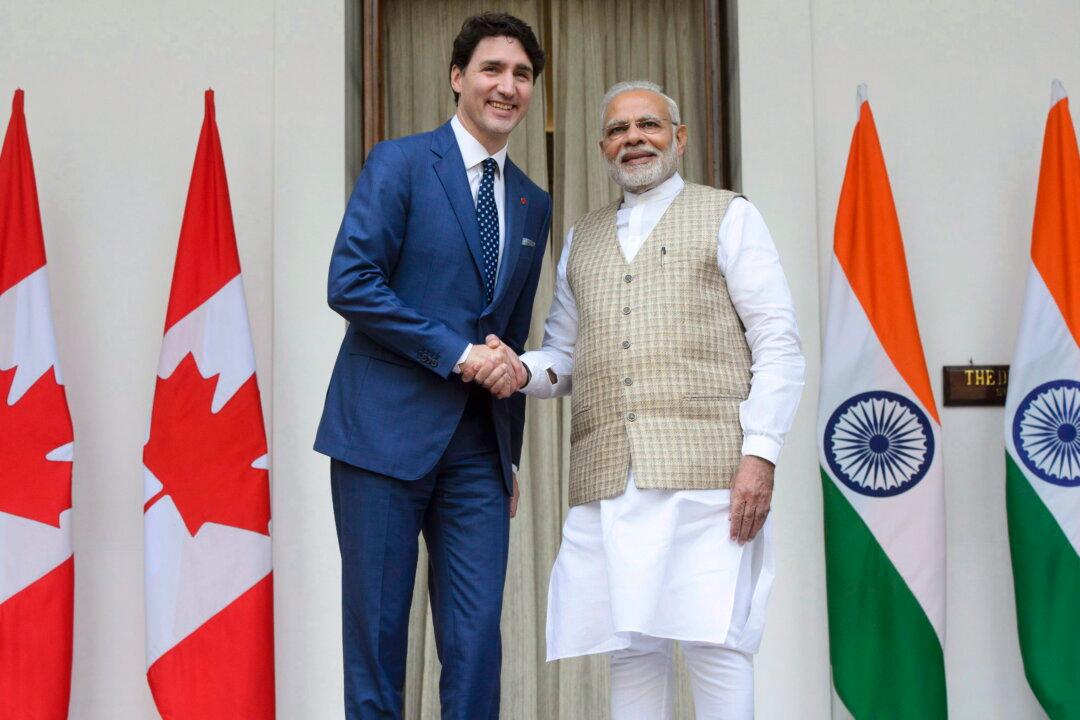The improving relations between Canada and India have already started to pay off after the two countries struck a momentous vaccine deal, with 500,000 doses arriving in Toronto on March 3 and another 1.5 million to come before May.
India’s High Commissioner to Canada Ajay Bisaria told The Epoch Times that India wants to play a more prominent role on the international stage and would welcome deeper economic ties with Canada and have it be more involved in the Indo-Pacific region.
Just three months ago, Indo-Canada relations had taken a hit due to comments Prime Minister Justin Trudeau and other Canadian politicians made in support of Indian farmers’ protests over the government’s agricultural reforms. But a Feb. 10 call between Trudeau and Indian Prime Minister Narendra Modi appears to have ironed out any lingering issues.





